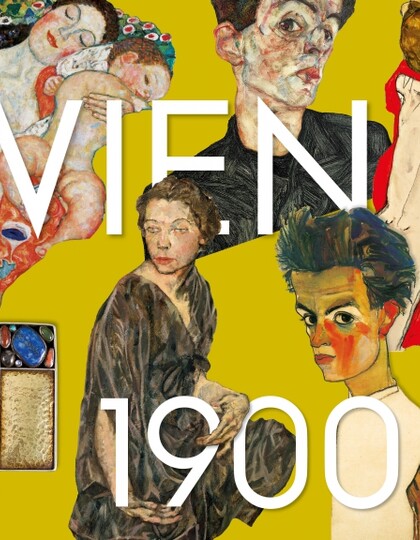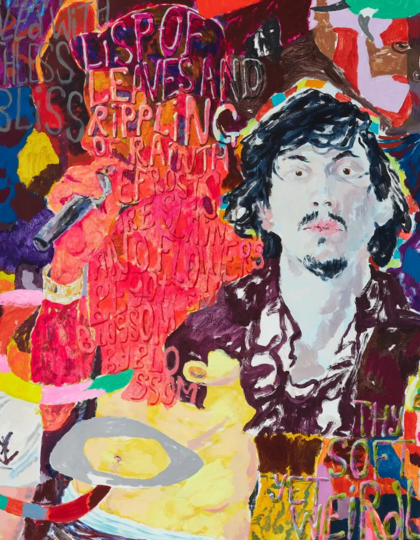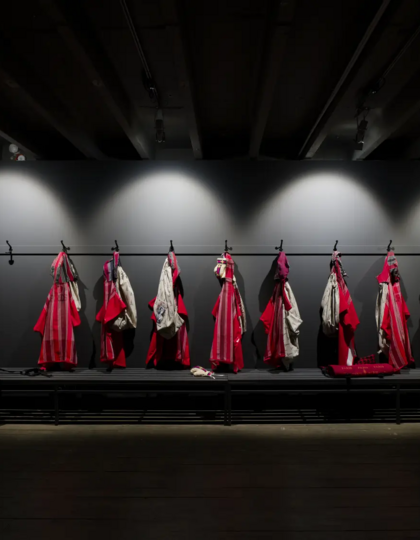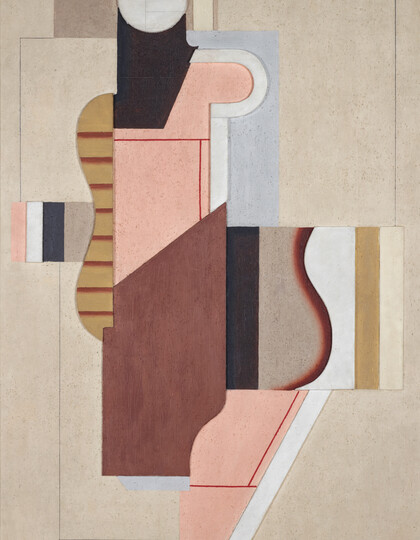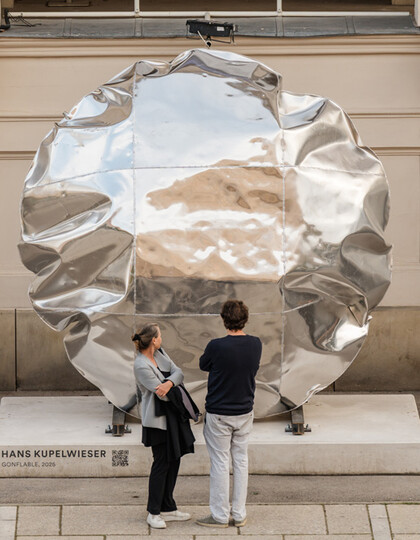03.09.2025 to 03.09.2025 - MQ Showrooms, SR-Archiv
SR-Archiv: Open Archive Evening & Fanzine presentation
FREE ENTRY, ART
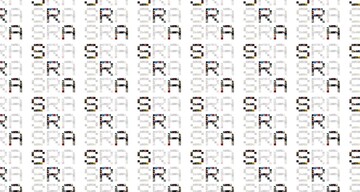
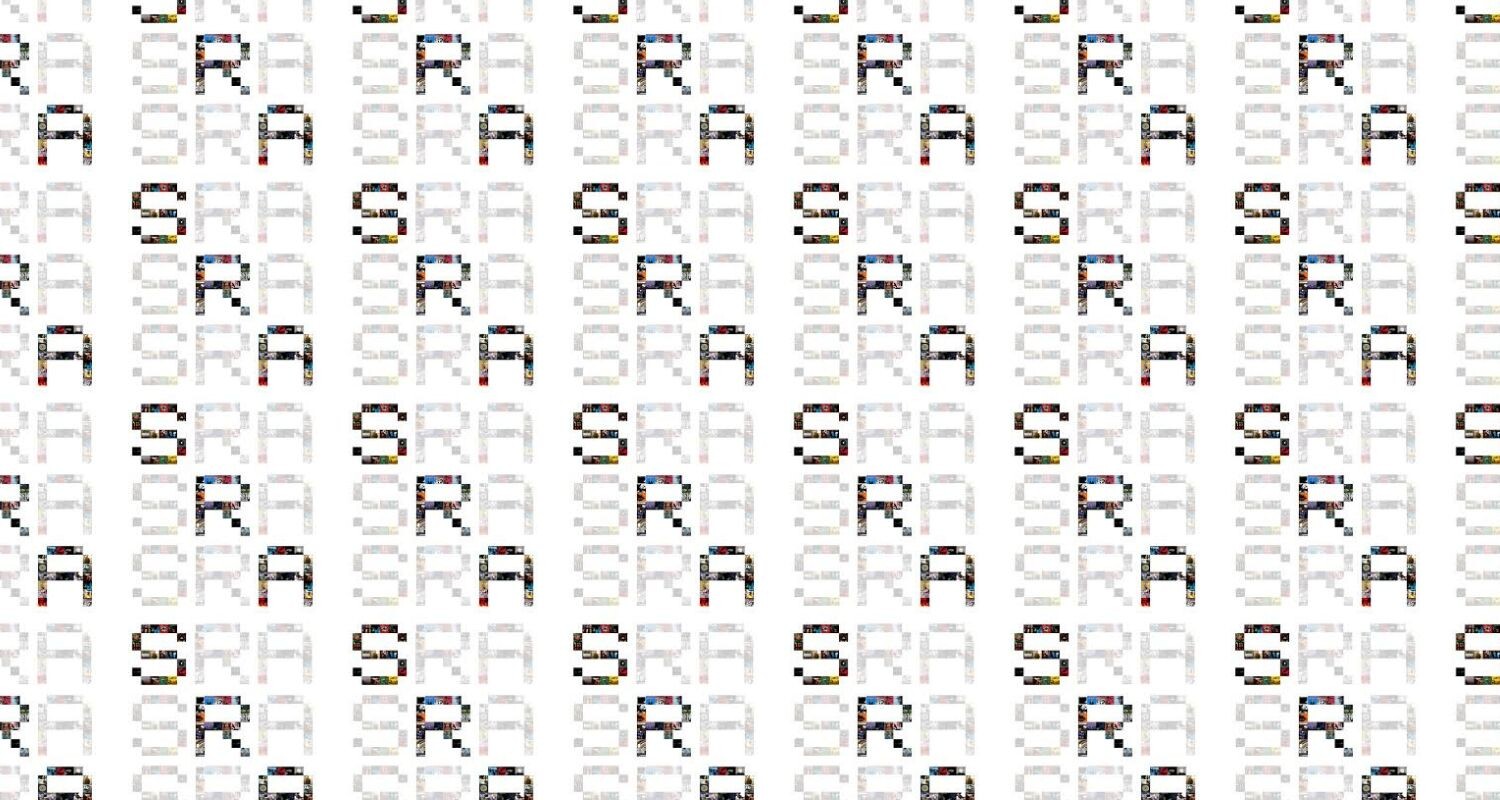
SR-Archiv: Open Archive Evening & Fanzine presentation
Wed 3.9.2025 | SR-Archiv | MQ Schauräume
Free entry
The following openings and events will take place on 03.09. as well:
Juliana Herrero: — U – Turn [I] | monochrom, MQ Schauräme
MQ Artist-in-Residence Šimon Chovan: Leeching States | MQ Pop-Up Schauraum, MQ Schauräume
Stefan Voglsinger & Jakob Schauer: Endless Body | ASIFAKEIL, MQ Schauräume
The Käppl Collection: Artworks, Catalogs, and Artists' Signatures | eSeL Rezeption, MQ Schauräume
Say Say Say, Inc. / Jutta Wacht & René Poell: AI, Hot Mess | Antichambre, MQ Schauräume
Martin Markeli: Open Atelier | THE STASH beyond collectables, MQ Schauräume
MQ Tunes: Multitudes | MQ Summer Stage
SRA was founded in 1993 and has been providing free information on Austrian pop music to the public for more than 30 years. Artists represented range from Joe Zawinul to Marianne Mendt, from Electric Indigo to Kruder & Dorfmeister, from Texta to EsRap, from Anna F. to My Ugly Clementine to Soap&Skin. In a database encompassing more than 800.000 records (approx. 22.000 acts, more than 200.000 songs, 37.000 people etc.), SRA offers comprehensive information on artists of the past and present. In addition to the public archive and online database (sra.at), the information office also functions as a contact point for everything related to Austrian music. Additional information can be found on vis.sra.at and on fempop.sra.at. Regardless whether you’re in search of buried treasures (archive), hunting for facts about famous or “forgotten” artists (database), or looking for contacts for bookings, interviews, or research (information office), SRA can help.
Fanzines (portmanteau word: fan + magazine) were an important source of information for the music scene, especially in the days before social media and the internet. It was precisely the events of the musical underground, which were barely illuminated by established media, that found a new reach and self-image in these magazines, which were often circulated by fans and amateur journalists at their own expense. With their hodgepodge of anecdotes, comics, artistic controversies, political messages and advertising content, fanzines represent subcultural aesthetics in a special way, not least due to their formal and editorial informality, and bear witness to diversity and the joy of experimentation beyond the commercially orientated mainstream.
